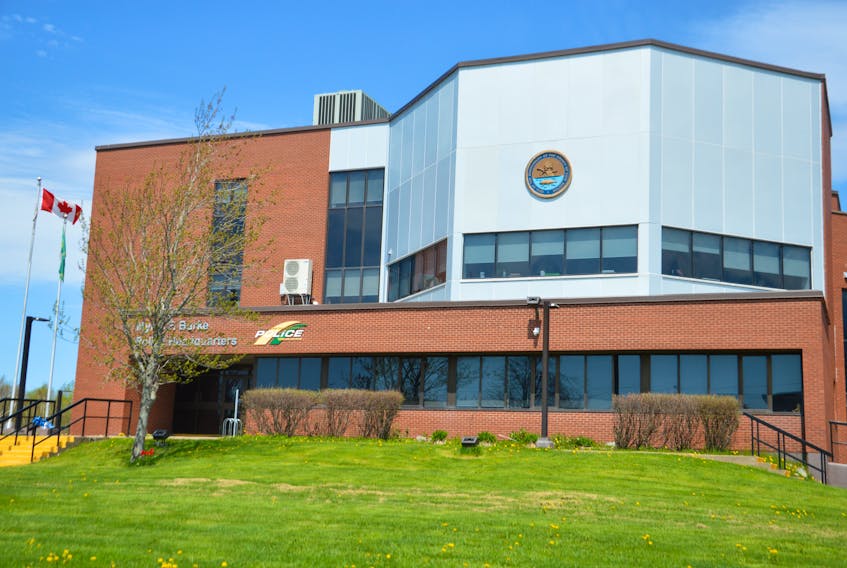SYDNEY, N.S. — While continuing to review the decision, Cape Breton Regional Police issued a response Wednesday to a court decision acquitting a man on a charge of refusing a breathalyzer demand.
Provincial court Judge Diane McGrath acquitted the accused having found police took too long to administer a standard field sobriety test.
Devyn Scott Garland, 24, was stopped by a Cape Breton Regional Police constable on Nov. 30, 2019, in North Sydney.
Const. James Penny testified he pulled Garland over because of concerns over speeding.
The officer detected an odour of alcohol coming from Garland and called another officer to the scene to administer a standard field sobriety test which involves examining an individual’s co-ordination, balance and their ability to handle more than one task during the test.
In her decision, McGrath said the test was not administered for some 20-25 minutes after the accused was stopped which she deemed violated the law which demands such tests be done immediately.
“While the law provides for individuals in Mr. Garland’s position to be detained for the administration of roadside screening or testing, such screening or testing must be done immediately, it must be done without delay,” said McGrath.
The delay stemmed from the fact that Penny was not trained in administering such testing and the officer who did arrive on scene, Const. Cory MacKenize, had to travel from another area of the municipality to North Sydney.
Police spokesperson Desiree Magnus said Wednesday that 27 officers with the regional force are trained to administer field sobriety tests. The force has an officer staffing level of about 200.
“There is always someone available on any given shift to do the testing,” said Magnus.
McGrath’s decision also noted that the trial evidence indicated the regional force does not use roadside screening devices, another tool available to detect impaired drivers.
Magnus said the force has 10 such devices and there are at least 10 officers trained to use the equipment.
She said some additional training sessions throughout this year were postponed as a result of regulations, dealing with group gatherings to limit the spread of COVID-19.









